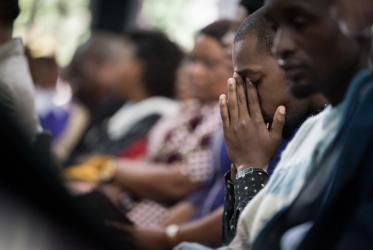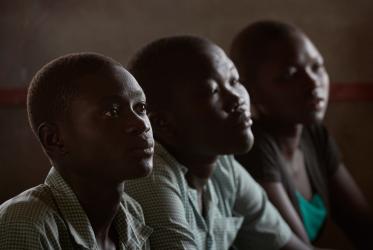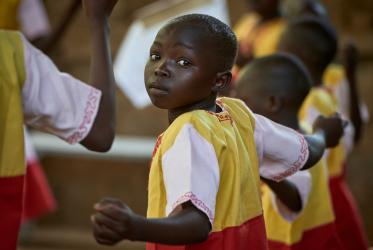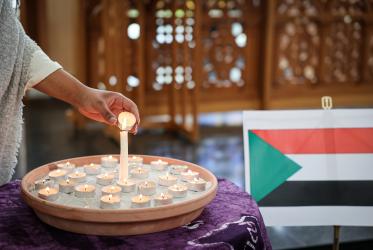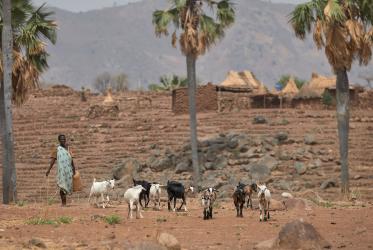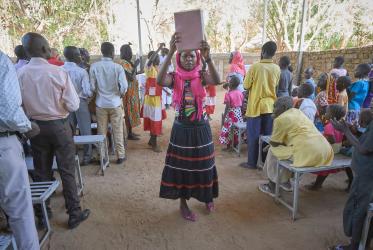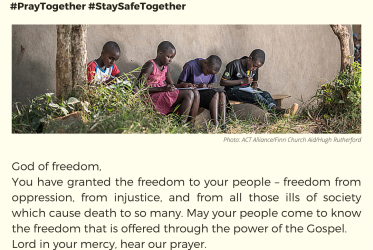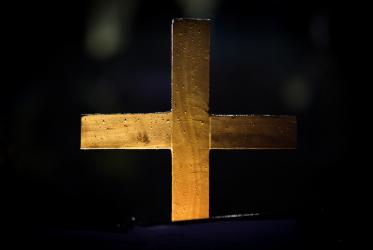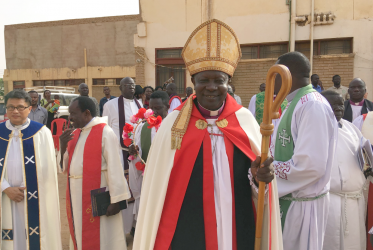Displaying 1 - 20 of 27
Joint Ecumenical Prayer on the Situation in Sudan
28 July 2023
WCC signs joint ecumenical statement on Sudan
29 June 2023
Morning Prayer for Monday, 5 July 2021
05 July 2021
WCC expresses concern, solidarity with people of Sudan
12 April 2019
Sudan declared new Anglican province
31 July 2017


